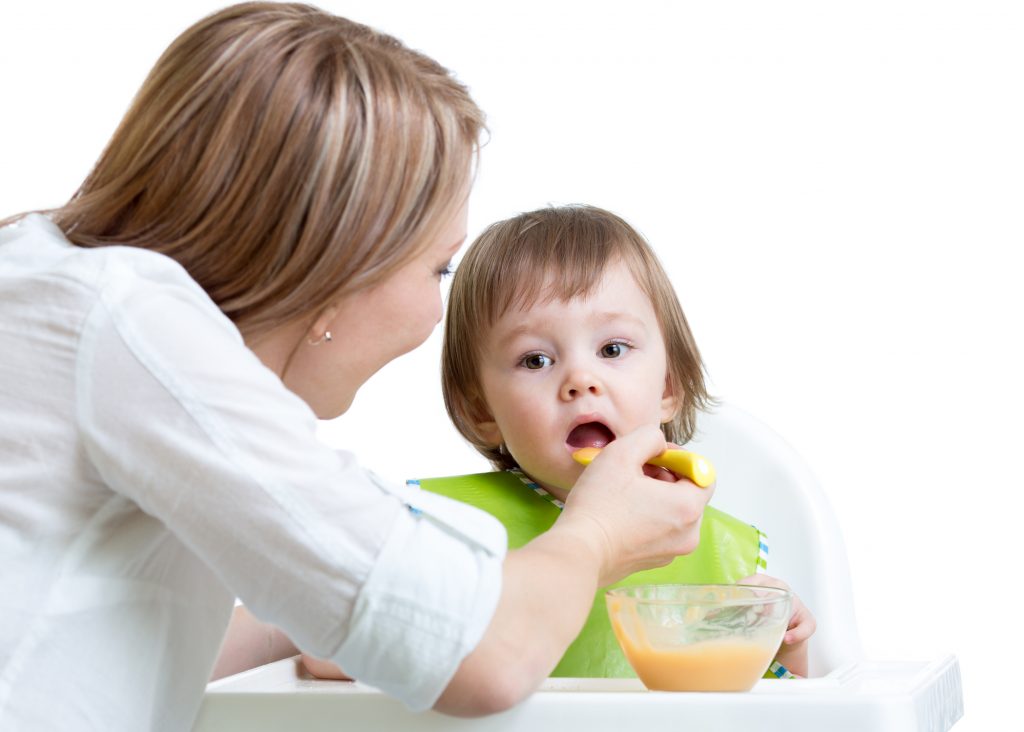
What Is Picky Eating?
Picky eating refers to children who have refused food often, or to children who will eat only the same set of foods over and over again. There are times when some of these behaviors are common – especially in toddlers who are trying to be more independent. However, we must be careful to keep a watchful eye on these children, because there is a distinct line between when it is “ok” and when it is actually a problem.
Today, there are so many foods that are targeted specifically to kids, and they are quick and easy to prepare – which come in handy in our hectic lives. This could be food pouches, frozen mini-pizzas, fun-shaped chicken nuggets, pre-packaged kid’s meals…just to name a few. Look, we are all (or at least many of us are) guilty of indulging in some of these quick foods, or restaurant fast-foods, from time to time – for ourselves too….and that’s O.K. But, for some kids, this is not a “once in a while” type of food, but rather it’s the only foods they will eat. This is when it raises some red flags. But there are other issues that could indicate a problem as well.
When we’re talking about picky eaters, we must look at the child’s diet as a whole. See the chart below for some questions we need to ask in order to determine when a child’s picky eating is problematic.
What we want to know:
- Is there variety in their diet, which includes foods from all the different food categories (fruits, vegetables, proteins, dairy, etc.)?
· Or, is their diet more limited? For example:
o Does he/she eat large amounts of carbohydrates (pasta, French fries, bread, cookies, chips, pretzels) and very little of anything else?
o Does he/she drink (formula, milk, juice, water) all day long, and then eat very little solid food?
o Are food pouches the only vegetables or fruits he/she consumes?
- Are there strong preferences of:
o a specific type of consistency (for ex: only crunchy foods vs. only soft foods)
o a specific type of temperature (only hot vs. only cold vs. room temperature)
o a specific type of taste (only bland, salty, sweet, spicy, etc.)
- Are there specific “rules” (that they’ve created) of what they will and won’t accept? And, how limited is that group of “acceptable foods”? At times, children will become extremely specific – ex: Will only eat one specific brand of string cheese; Or will only eat one specific restaurant’s chicken nuggets, and will refuse others.
- What is the reaction to foods? For example:
o Does he/she get upset, tantrum, or outright refuse to eat certain foods, including foods they’ve eaten before but which have been prepared a new way? or refuse all new foods?
o Do you have to work hard to get that first “bite” in, even if they’ve seen it before?
o Does he/she gag at the sight, smell, or proximity of a new food or food they don’t like?
o Does he/she refuse to eat foods that have been mixed or are touching each other on the plate?
- Are there specific people that he/she will eat better with? For example: Will he/she eat better for the babysitter than with parents? Will he/she eat better with one parent than the other? Will he/she eat better in daycare than at home? etc.
- Have mealtimes become stressful for both child & parent? For example: Does your child cry/tantrum when placed in their chair or see the food coming? Do you find yourself “giving in” just so that they’ll eat? Do you avoid restaurants or friend’s houses because you fear that there’s nothing your child will eat there or that they’ll tantrum?
What is important to understand, is that majority of picky eating behaviors have actually started off as an eating difficulty at some developmental stage of the child’s life. This could be due to structure- or muscle-based issues, sensory issues, and/or motor-planning issues. Additionally, as a result of these difficulties, some children may develop food avoidance behaviors, and show signs of high anxiety around mealtimes.
It takes the skilled, trained eye, of a Speech-Language Pathologist specializing in Feeding (as well as specialization with structural issues, and oral/sensory-motor issues), to figure out what is happening and why. This is accomplished through an evaluation. Then a decision can be made about what type of therapy is needed and what specific goals to work on.
If you have concerns about your child’s eating at ANY age, contact us for more information or to schedule an appointment.

Speech-Language Pathologist & Feeding Expert
Susan Rothschild, M.S., CCC-SLP




